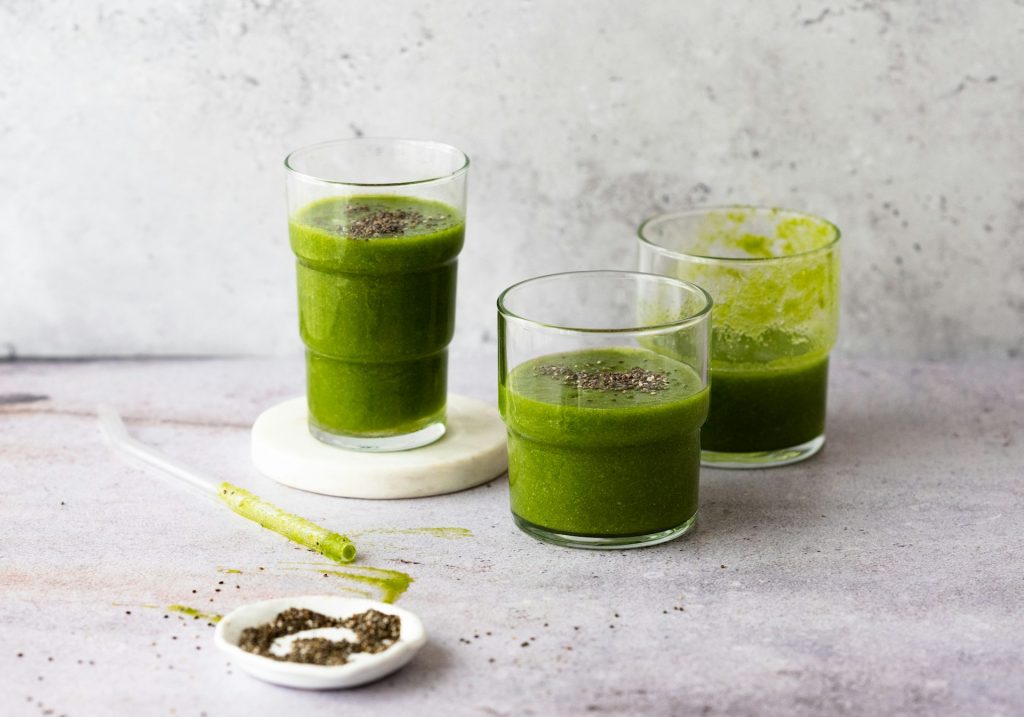Table of Contents
Your doctor probably won’t tell you this, but skipping breakfast might add years to your life. The internet is flooded with intermittent fasting success stories, but what’s the real science behind this trendy eating pattern?
The Fasting Phenomenon: Why Everyone’s Talking About It
The concept is simple: restrict your eating to a specific window of time each day. No calorie counting. No banned foods. Just eat during your “window” and fast the rest of the time.
What started as a weight loss trend has evolved into something much bigger. Silicon Valley execs, Hollywood celebrities, and fitness influencers swear by it. But beyond the hype and dramatic before-and-after photos lies a fascinating biological process that might genuinely slow aging.
When your body isn’t busy digesting food, it switches to cellular maintenance mode. It’s like giving your internal systems time to take out the trash and make repairs. This process, called autophagy, literally means “self-eating” – your cells consume damaged components and recycle them.
The Surprising Benefits Most People Don’t Know About

The weight loss effects get all the attention, but they might be the least interesting part of intermittent fasting.
Brain Power Boost
Your brain actually functions differently during a fast. Many practitioners report improved mental clarity and focus during fasting periods. There’s science behind this: fasting triggers the production of BDNF (brain-derived neurotrophic factor), essentially fertilizer for your brain cells.
A study from Johns Hopkins found that intermittent fasting may increase resistance to stress and inflammation in the brain, potentially reducing risk of neurological disorders.
Inflammation Reset
Chronic inflammation ages you faster than almost anything else. It’s linked to heart disease, diabetes, cancer, and Alzheimer’s. Fasting has been shown to dramatically reduce inflammatory markers in as little as 24 hours.
The magic happens when your body switches from using glucose as fuel to burning ketones from fat. This metabolic switch reduces oxidative stress and inflammatory responses throughout your body.
The Insulin Connection
Each time you eat, your pancreas releases insulin to help cells absorb glucose. Over time, cells can become resistant to insulin’s effects, leading to chronically elevated insulin levels – a precursor to metabolic syndrome and diabetes.
Fasting periods allow insulin levels to drop significantly, giving your cells time to reset their sensitivity. Improved insulin sensitivity is closely linked to longevity and reduced disease risk.
The Longevity Link: Can Fasting Actually Help You Live Longer?

Animal studies consistently show extended lifespans with various fasting protocols. But what about humans?
We don’t have conclusive 80-year studies tracking fasters versus non-fasters (and probably never will). What we do have are biomarkers of aging that respond dramatically to fasting:
- Reduced insulin-like growth factor 1 (IGF-1), which when elevated increases cancer risk
- Lower resting glucose levels and improved insulin sensitivity
- Reduced inflammation markers like C-reactive protein
- Improved autophagy (cellular cleanup)
These are the same changes seen in calorie restriction, which has the strongest evidence for extending lifespan across species. The difference? Fasting might be much easier to sustain long-term than permanent calorie cutting.
The Dark Side: Why Some People Should Avoid Fasting
Not everyone should jump on the fasting bandwagon. For some, it can do more harm than good.
Pregnant or breastfeeding women need consistent nutrition. People with a history of eating disorders can find the restriction triggering. Those with certain medical conditions or on specific medications need regular food intake.
Even for healthy individuals, common side effects include irritability, difficulty concentrating, or low energy during adjustment periods. Women sometimes report more pronounced hormonal disruptions than men.
How to Start Without Suffering: Practical Approaches
The beauty of intermittent fasting is its flexibility. The most popular approaches include:
The 16/8 Method
Fast for 16 hours, eat during an 8-hour window. For many, this simply means skipping breakfast and eating between noon and 8 pm. This approach feels most natural for many beginners.
The 5:2 Plan
Eat normally five days a week, then reduce calories to about 500-600 on two non-consecutive days. This creates a fasting effect without complete food restriction.
The Eat-Stop-Eat Method
Do a full 24-hour fast once or twice weekly. This approach provides deeper autophagy benefits but requires more willpower.
The key is finding what works for your lifestyle and biology. Some people thrive on daily 16-hour fasts, while others do better with occasional longer fasts.
Beyond Fasting: The Complete Longevity Picture
Fasting alone won’t make you live to 100. The cultures with the most centenarians – the Blue Zones – don’t necessarily practice formal intermittent fasting, but they do share certain patterns:
- They naturally eat within a 10-12 hour window
- They stop eating before they feel completely full
- Their diets are plant-heavy with moderate protein
- Strong social connections and purpose are central to their lives
The most powerful approach combines intermittent fasting with these other lifestyle factors. Think of fasting as one powerful tool in your longevity toolkit, not a magic bullet.
The Bottom Line: Is It Worth Trying?
If done properly, intermittent fasting offers significant benefits with minimal downsides for most healthy adults. Start gradually, listen to your body, and remember that consistency matters more than perfection.
The most sustainable approach? Find your own sweet spot where you get benefits without feeling deprived. Your future self might thank you with extra healthy years.

Hi! I’m Dave, a longtime biohacker focused on natural ways to improve health and performance. My work revolves around analyzing the science behind cognitive enhancers, nutrition, and longevity strategies. I’m particularly interested in natural nicotine products and their effects on focus and energy. Everything I share is based on research and real-world application, ensuring practical, reliable insights. Please note, none of the information shared here is medical advice.




